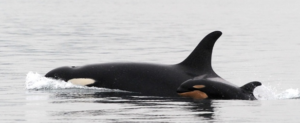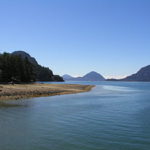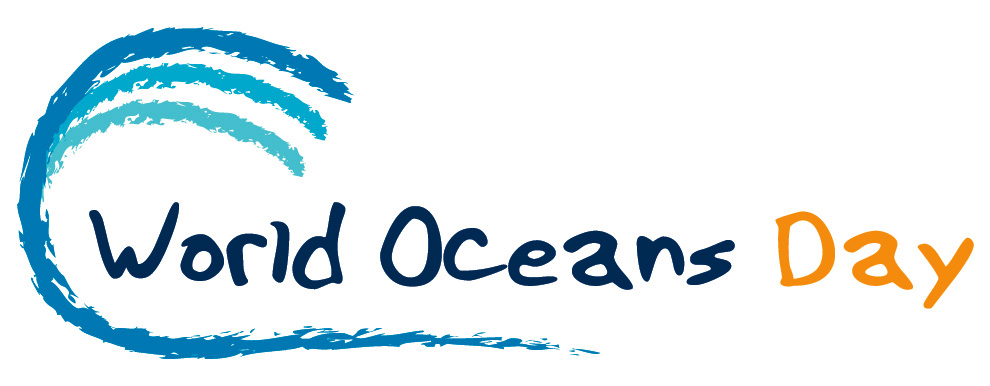World Oceans Day is the United Nations recognized day to take action to protect the world’s oceans. People all over our planet organize celebrations on June 8th some right here in our own back yard (click here for a list of BC events). Many events such as shoreline cleanups or the “Celebration of the Salish Sea” hosted by the Vancouver Aquarium and the Georgia Strait Alliance took place to inform the public and raise awareness of the importance of healthy oceans, green initiatives and the need to do something.

But whether you celebrated the day or not, the international day causes us to reflect on our observations of the oceans over the past month. The welcomed spotting of four orca calves in the endangered southern resident population off the coast of Tofino leads us to believe that the ocean’s health may not be pause for concern. But one of the reasons the southern resident population was in decline can be traced back to the decrease in their main food source, Chinook salmon. This decrease forced the orcas to swim further distances to find enough food, negatively affecting their health and longevity.
And let’s not forget the oil spill in the English Bay this past April causing the “Green” City of Vancouver millions to contain and clean up. The endangered orca populations, the decline of the Chinook salmon and oil covered ducks are only a few examples of a growing loss of biodiversity and hazards that threaten the balance of our oceans which are mainly caused by our lifestyle choices. Water pollution and the associated destruction of habitat and food sources for animals is one of the main consequences of industrialization, leading toxic chemicals, waste and noise pollution into the oceans.

Protecting ocean biodiversity and maintaining its health is not only important from an environmental perspective, but also from an economic perspective. Our natural environment is the reason many of the 4.6 billion international travellers (Destination BC) visit British Columbia each year. It only makes sense that BC tourism operators do everything they can do to protect the oceans and natural environment, so they may continue offering pristine nature and wildlife experiences for lifetimes to come. And it’s not just the tourism operators that benefit from an intact ecosystem, but the entire tourism industry. From restaurants, to accommodation, ski hills and agri-tourism, a decline in the ocean’s health will affect them all.
The ocean provides us with food, a way of transportation to ship goods all around the globe, it influences the weather by cold and warm streams, provides us with oxygen produced by phytoplankton and absorbs CO2, a main greenhouse gas. The list could go on and on… and it becomes clear that nothing in the world exists by itself. Everything is connected in an endless circle of life and as we have the ability to change the world so drastically, have to ensure that it’s not us who permanently damage this circle.
Last month we celebrated World Oceans Day. A day to honour our oceans and to draw attention to keeping them clean and healthy so that further generations of flora, fauna and humans can all profit from its numerous benefits in so many aspects of life. Are you ready to keep the oceans safe and healthy?
References
- http://www.worldoceansday.org/
- http://wwf.panda.org/about_our_earth/blue_planet/open_ocean/ocean_importance/
- http://www.worldoceansday.ca/
- http://www.cbc.ca/news/canada/british-columbia/killer-whale-baby-boom-4th-calf-spotted-near-tofino-1.3096681
- http://www.vancouversun.com/technology/Third+orca+calf+born+within+months+Vancouver+Island/10845357/story.html
- http://ocean.nationalgeographic.com/ocean/critical-issues-marine-pollution/
- http://www2.epa.gov/salish-sea/chinook-salmon

